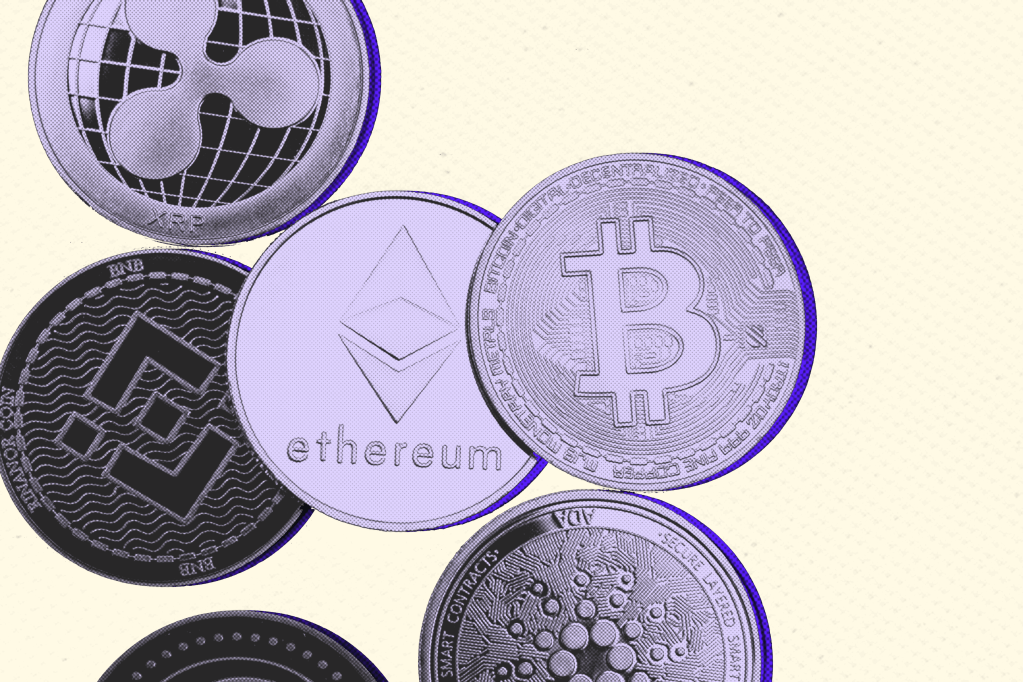Its election time in the US, and the race has been marked by the amount of interest in and debate around the crypto industry. One candidate, former President Donald Trump, has generated most of the hype.
Many outlets around the world have dubbed this race the crypto election, due to
Register for free to keep reading
To continue reading this article and unlock full access to GRIP, register now. You’ll enjoy free access to all content until our subscription service launches in early 2026.
- Unlimited access to industry insights
- Stay on top of key rules and regulatory changes with our Rules Navigator
- Ad-free experience with no distractions
- Regular podcasts from trusted external experts
- Fresh compliance and regulatory content every day













